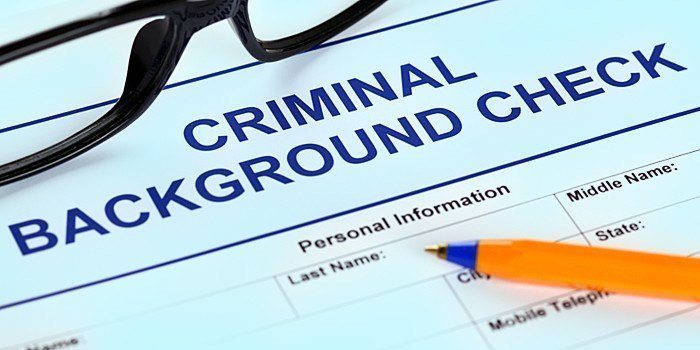Statistics compiled and released by the FBI indicate upwards of 1-in-30 Americans (more than 12 million people) were arrested during 2012 alone. Each one now has a criminal history.
The top-three offenses on criminal history reports:
- 1. Property crimes: theft, arson, shoplifting, vandalism. (1.64 million)
- 2. Drug offenses (1.53 million)
- 3. Driving under the influence (1.21 million)
If you are among those with an arrest on your record, odds are the conviction will appear on your application for a lease. Modern landlords have the ability to electronically search local, state and federal databases, and most background checks reach back at least 10 years. While some states have laws on the books making it illegal for a landlord to discriminate against a person because of certain criminal offenses, chances are you will have little to no legal recourse if a landlord turns you down because of a criminal conviction.
In addition, obtaining a complete renter’s profile for yourself will allow access to the same set of information a potential landlord will use to determine your rental eligibility. For around $30, provide customers with a complete set of personal data—allowing renters with a criminal history to prepare answers for questions landlords are likely to ask.
Of course, the severity of your crime will determine the difficulty level you encounter finding a rental property.
Whatever your offense, the key to finding a new apartment or townhome is honesty. Lying or trying to conceal criminal history will likely mean immediate rejection of your rental application, and most industry experts advise renters to come clean long before a landlord runs a background check.
Some states also have organizations in place on both the state and local levels to assist convicted criminals with finding housing. California residents, for example, can contact the California Service League, which helps released prisoners integrate back into society and can connect renters with landlords willing to rent units to those with a felony.
Another technique for those with criminal backgrounds is to assemble a list of references and other records supporting their case for lease approval. Documentation of time served, psychological assessments performed by the penal system and a steady job history upon release can often sway a landlord into taking a chance. Letters from parole officers, counselors, past landlords and (when possible) a judge can also prove valuable.
Whatever your past criminal offenses, finding a rental unit is not an impossible task. Proper planning, persistence and honesty—coupled with knowing what information will be used to determine your rental eligibility—will have you unpacking boxes in no time.





